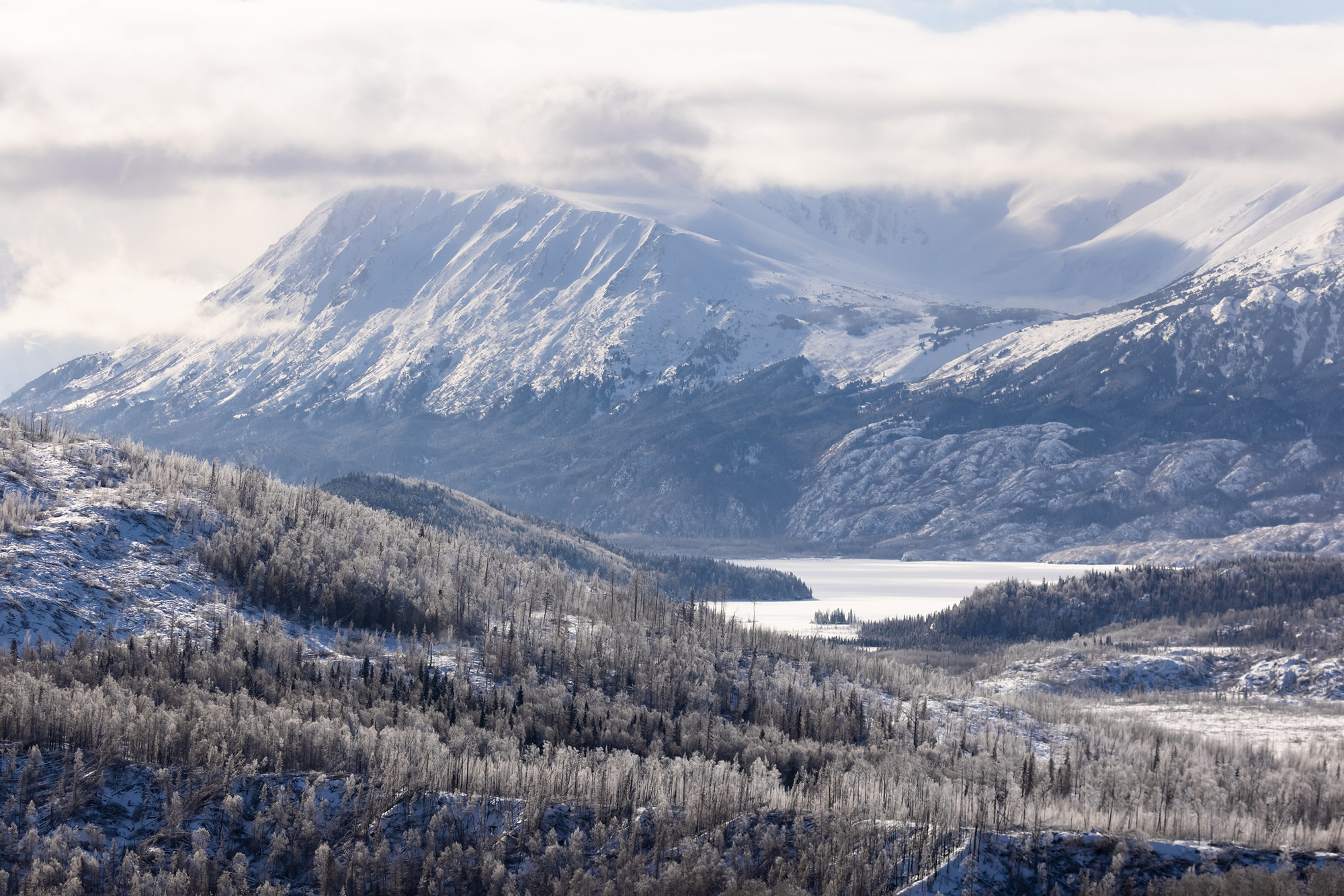A pair of bills that address widely-ranging and disparate outdoors priorities passed Congress this week and are expected to receive a favorable reception at President Biden’s bill-signing desk.
The omnibus bills, which cover everything from ensuring access to shooting ranges on federal lands, improving broadband connectivity in national parks, and relaxing restrictions on commercial filming and photography on federal lands, are a pair of rare legislative wins on Capitol Hill this year.
The EXPLORE Act — that’s shorthand for the “Expanding Public Lands Outdoor Recreation Experiences Act” — includes provisions that will make federal investments in the nation’s outdoor recreation infrastructure and generally improve visitation experiences to federal lands, whether they’re national parks, Forest Service and BLM lands, or marine reserves. The bill was introduced by Bruce Westerman (R-Ark.), chairman of the House Natural Resources Committee and carried in the Senate by retiring Joe Manchin (I – W. Virginia) and John Barrasso (R – Wyo.), ranking members of the Senate Committee on Energy and Natural Resources.
The America’s Conservation Enhancement Reauthorization Act, or ACE Act, provides new funding or reauthorizes previously obligated funds to the North American Wetlands Conservation Act and the National Fish Habitat Partnership programs. NAWCA is a 35-year-old program that has converted $2.1 billion in federal investments into over $5 billion that has conserved and restored 32 million acres of degraded wetlands across the U.S. The NFHP is the nexus of state and locally driven partnerships that work to conserve priority aquatic habitats, restore fish populations, and enhance recreational fishing opportunities, according to the Congressional Sportsmen’s Foundation, which worked to ensure the passage of both bills.
In addition to the habitat investments ensured by ACE, the bill includes a provision that prohibits the Environmental Protection Agency from regulating the use of lead fishing tackle under the Toxic Substances Control Act. That reaffirmation confirms to environmental groups that would like to ban lead from the nation’s waterways that the EPA doesn’t have the authority to regulate its use in fishing sinkers and lures.
The EXPLORE Act runs for nearly 60 pages and is chock-full of provisions that generally remove barriers to participation in outdoors activities. Among the elements of the bill are:
- Creation of a Federal Interagency Council on Outdoor Recreation, with members from most federal land-management agency, that will “coordinate on issues related to outdoor recreation,” including improvement of access to federal recreational lands and waters and promoting outdoor recreation
- Identification and development of appropriate long-distance bike trails
- Protection of recreational climbing activities on federal lands, including a provision that declares that the use of fixed climbing anchors in wilderness areas “is an appropriate use within a component of the National Wilderness Preservation System”
- Identification and assessment of both existing and potential target shooting ranges on National Forest and BLM lands. The law, with language from last year’s Range Access Act, gives land managers five years from the passage of the bill to identify at least one suitable target range location on every National Forest and BLM district
- Relaxation of permit requirements for small-scale filming and still photography on federal lands. No permits or fees are required if the filming involves fewer than six people and is documenting an activity that’s allowed on the land. The permit waiver extends to commercial filming activities
- Requirement that federal land managers produce and distribute maps and travel guides for National Forest and BLM districts within five years of the bill’s passage. Agencies have 10 years to come up with over-the-snow vehicle use maps for appropriate districts
- Guidelines for federal agencies to assist to “gateway” communities affected by visitation to national parks and high-traffic federal lands
- Assessment by the National Park System to assess broadband connectivity in parks and identify availability of broadband internet access service in employee housing, administrative facilities, lodging, developed campgrounds, and other areas inside parks
- Improvement of parking and restroom facilities on public lands
- Improved access for disabled visitors to federal lands and facilities
- Free or discounted access to federal recreational lands for members of the Armed Forces or military veterans
- Development of a strategy “to increase the number of youth recreation visits to federal recreational lands and waters”
- Modernizing recreational permitting on federal lands for commercial outfitters and guides
Both bills are expected to be signed into law by President Biden over the holidays. The 118th Congress is expected to adjourn as soon as members can nail down details of a federal spending package. The 119th Congress is scheduled to convene on Jan. 3.

